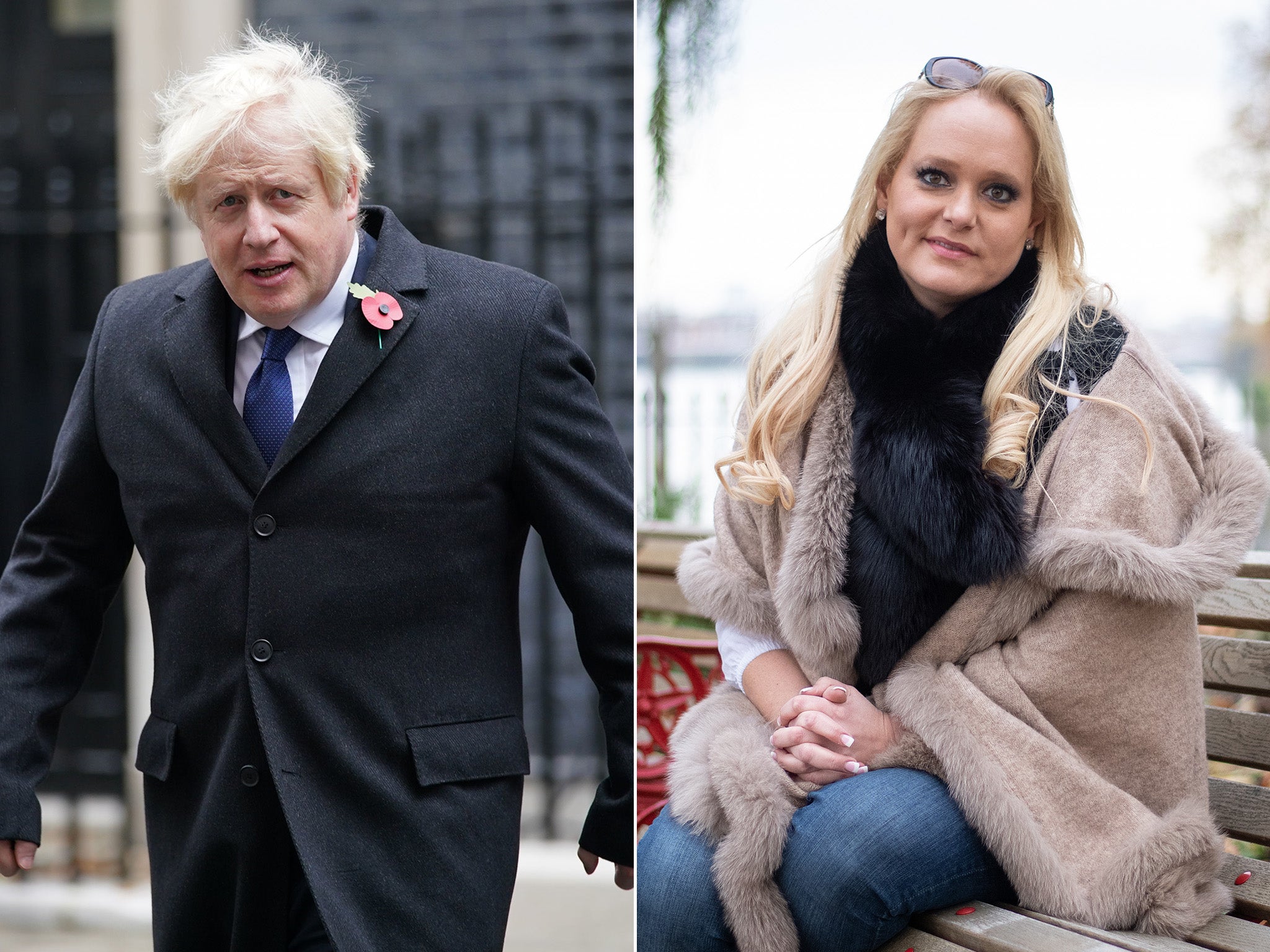
Downing Street pressured top BBC news editors not to use the term “lockdown” at the height of Covid curbs, leaked messages have revealed.
BBC editors told journalists to avoid the term and also urged them to turn up “scepticism” about Labour’s call for plan B measures, according to the reported emails and WhatsApp messages.
It comes as the BBC comes under pressure over the Gary Lineker impartiality row, as it attempts to draw up new social media guidelines and avoid bias claims.
Leaked messages published by with The Guardian showing top No 10 officials exerting pressure on the public broadcaster’s coverage at crucial periods of the pandemic.
A senior editor told journalists that No 10 had asked them not to use “lockdown” after Boris Johnson order people to stay indoors on 23 March 2020.
The BBC website and broadcasts referred to “curbs” and “restrictions” instead, despite widespread use of lockdown by other media.
But there was no ban on the word lockdown at the BBC, and it was used by the broadcaster in the days after Mr Johnson’s announcement.
A WhatsApp message from October 2021 reportedly shows a senior editor asking correspondents to scrutinise Labour’s following a request from Downing Street.
It said: “D St complaining that we’re not reflecting Labour’s mess of plan b online. ie Ashworth said it earlier this week, then reversed. Can we turn up the scepticism a bit on this?”
The Independent understands that the BBC rejects The Guardian’s characterisation of this message, because website coverage of the plan B issue provided a balance of views.
No 10 attempts to shape BBC coverage do not appear to have been restricted to the Covid crisis in recent years.
A senior editor shared with staff a message from the then-Downing Street director of communications about March 2022 remarks made by Mr Johnson, in which he appeared to suggest the Ukraine fight against Russia was like Britons voting for Brexit.
Pushing back, No 10 official shared a tweet from the Ukrainian embassy and stated: “I travelled home with the ambassador. He most definitely did NOT think the PM was equating Brexit with Ukraine. He heard him say v clearly nothing like this since the 1940s.”
However, the BBC did cover the story, stating in a headline that the prime minister “compares Ukraine war to Brexit vote”.

Another reported email from October 2020 shows a senior BBC editor saying staff had done a “wonderful job” keeping clear of the Jennifer Arcuri story, after she gave an interview which appeared to confirm an affair with Mr Johnson.
A BBC spokesperson insisted “selective” and out of context” messages did not reflect decision-making. “The BBC makes its own independent editorial decisions and none of these messages show otherwise,” they said.
The spokesperson added: “Like all news organisations, we are frequently contacted by representatives from all political parties. “Selective out of context messages from a colleagues’ WhatsApp group and email do not give an accurate reflection of the BBC’s editorial decision making.”
The chief executive of Ofcom said on Tuesday that trust in the BBC is on the line as it reviews its social media guidelines in a bid to resolve the Linker controversy.
Melanie Dawes said the impartiality row went “straight to the heart of the BBC’s wider reputation, beyond its news and current affairs coverage”.
Giving evidence to MPs, Ms Dawes warned that the BBC would have to weigh freedom of expression with impartiality when reviewing its social. media guidelines following the “difficult episode” with Lineker.
She added: “But I think this is a difficult issue for them, I don’t think this is going to be straightforward, and to some extent is going to be about a level of trust, particularly with their staff.”







